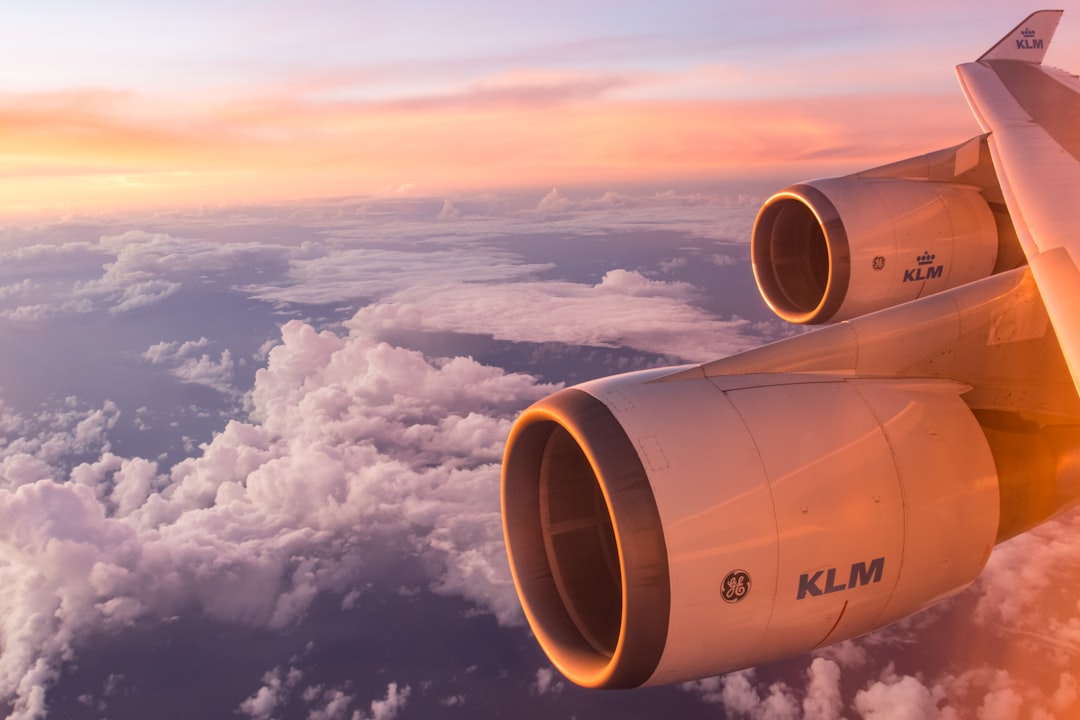
The ongoing trade dispute between the U.S. and China has taken a fresh toll on the global aviation industry, with Boeing Co. (NYSE:BA) and Chinese airlines emerging as key casualties.
Tariffs Disrupt Deliveries and Supply Chains
China’s Commerce Ministry confirmed on Tuesday that both Boeing and domestic airlines have been “severely hurt” by the U.S.-imposed trade tariffs, which have disrupted long-standing supply chain networks in the aviation sector. The ministry emphasized:
Boeing is now flying planes back to the U.S. that were initially destined for Chinese carriers.
Tariff retaliation has created “trade and investment obstacles” hurting both sides.
In a high-stakes tit-for-tat, China recently imposed tariffs of up to 125% on U.S. imports, countering the 145% duty announced by President Trump earlier this month. This escalation effectively halts Boeing’s aircraft deliveries to China, once its largest overseas customer base.
Mounting Pressure on Boeing
Already battling quality issues and delivery delays, Boeing now faces an added hurdle:
Reselling dozens of jets initially earmarked for Chinese clients.
Increased costs related to aircraft storage, modification, and resale logistics.
Rising investor concern as the company’s global strategy faces uncertainty amid deteriorating U.S.-China relations.
No Progress in U.S.-China Trade Talks
Despite Trump’s claims of ongoing discussions, Beijing has refuted the existence of any current negotiations, casting doubt on near-term resolution prospects. Both nations remain entrenched in a cycle of retaliatory levies with no diplomatic breakthrough in sight.
Implications for Global Aviation and Trade
The fallout could reshape global aviation for years:
Supply chain realignment away from U.S.-China dependencies.
Increased jet prices due to shifting order books and logistical hurdles.
Emerging opportunities for European competitors like Airbus.
Stay Ahead with the Right Data
To monitor how this trade war is affecting aerospace and logistics sectors, the SEC Filings API offers real-time company disclosures that can flag order cancellations, delivery delays, and revenue impact.
Use the Industry P/E Ratio API to assess valuation shifts across the aviation and aerospace sector as market sentiment reacts to the trade headlines.
Conclusion
Boeing and China’s top airlines are the latest to feel the sting of the renewed U.S.-China trade war, with tariffs biting into profits, blocking deliveries, and clouding outlooks. As tensions escalate, the ripple effects are likely to intensify across global supply chains, investor sentiment, and sector-specific strategies in aviation and beyond.

